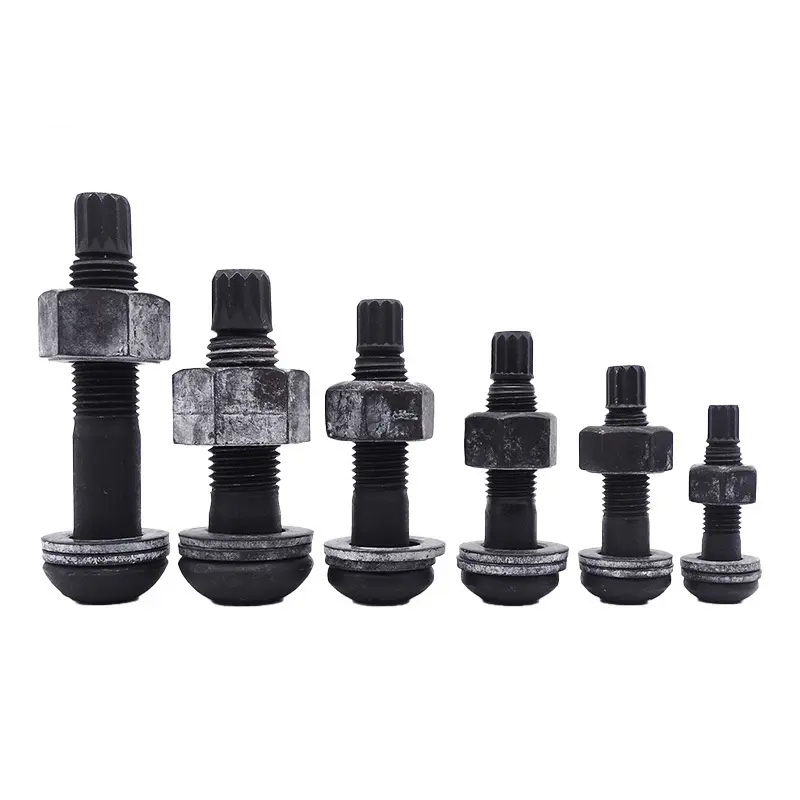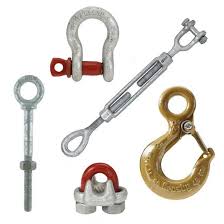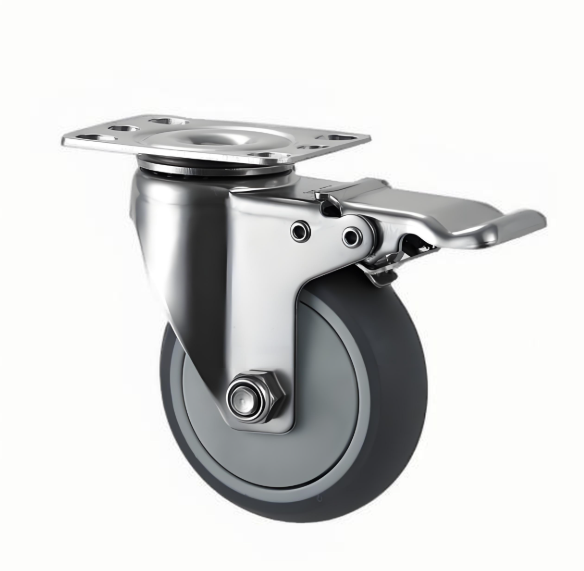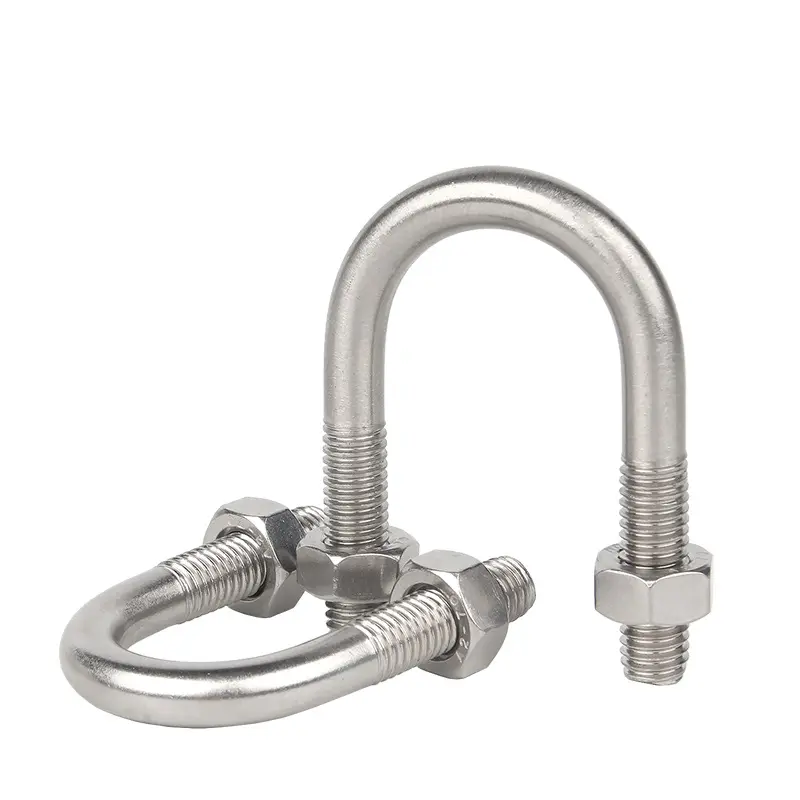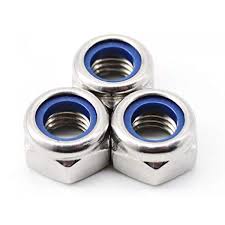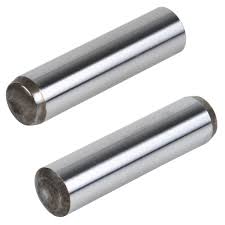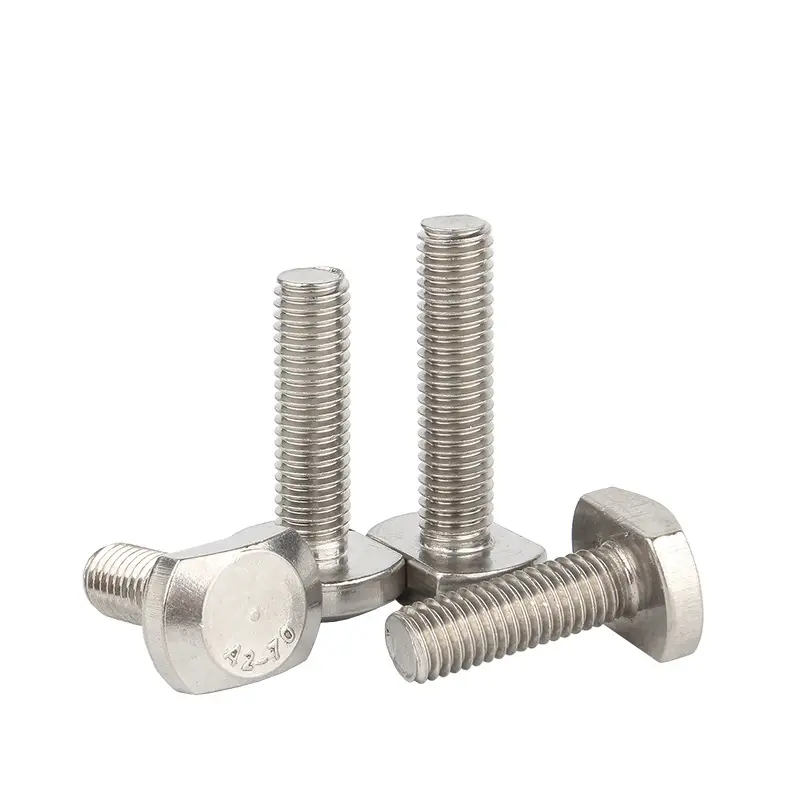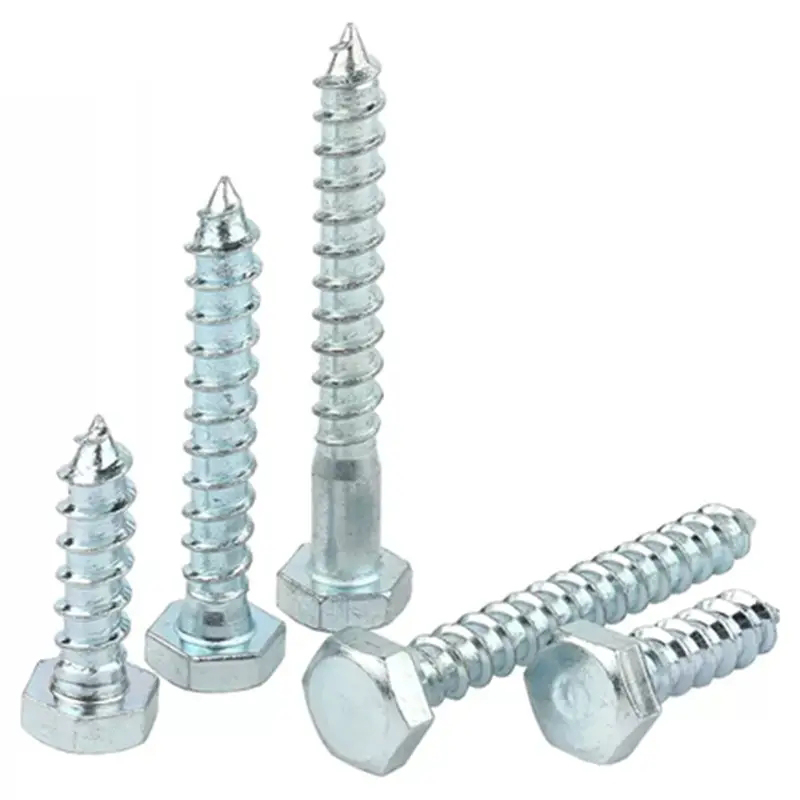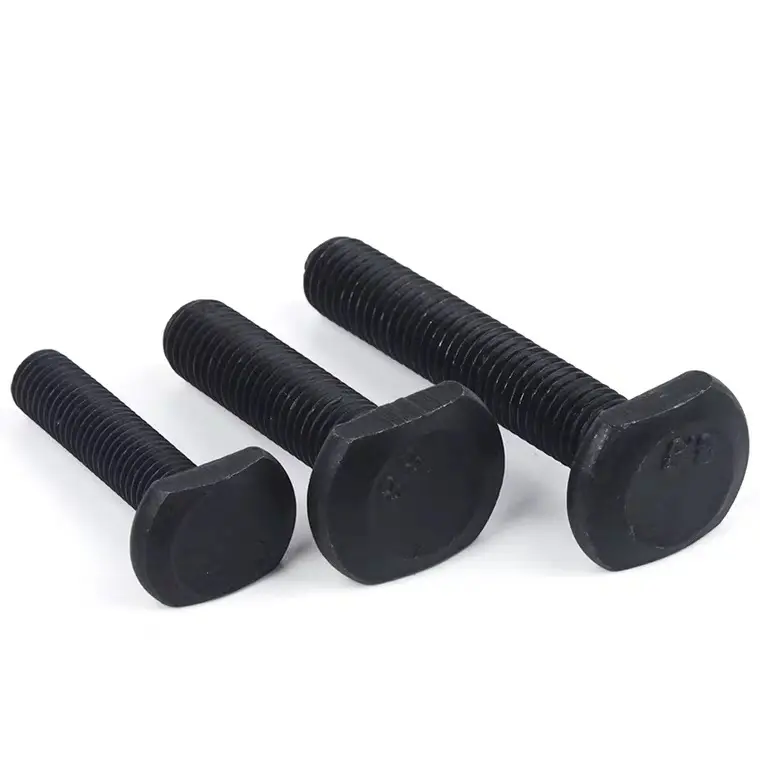

This guide provides a comprehensive overview of chemical anchor bolt manufacturers, exploring the different types of chemical anchors, their applications, and factors to consider when selecting a manufacturer. Learn about the strengths and weaknesses of various chemical anchor systems, and find resources to help you make informed decisions for your specific project needs.
Chemical anchor bolts, also known as resin anchor bolts, provide superior holding power compared to traditional mechanical anchors. They utilize a high-strength resin that expands and hardens within a drilled hole, securely bonding the bolt to the substrate. This method is particularly effective in various materials such as concrete, masonry, and stone, offering increased load-bearing capacity and durability.
Several types of chemical anchor systems exist, each with its own strengths and weaknesses. These include epoxy resin, polyurethane resin, and acrylic resin systems. The choice depends on factors like the substrate material, load requirements, and environmental conditions. Epoxy resins are generally considered the strongest and most versatile, while polyurethane resins are known for their faster curing times. Acrylic resins offer a good balance of strength and cost-effectiveness.
Chemical anchor bolts find extensive use in various applications, including:
Selecting a reliable chemical anchor bolt manufacturer is crucial for ensuring project success. Key factors to consider include:
Before making a decision, assess the manufacturer's capabilities in terms of production capacity, quality control measures, and their ability to meet your specific requirements. Look for manufacturers with a proven track record of delivering high-quality products on time and within budget.
Proper substrate preparation is paramount for optimal performance. This includes drilling the correct hole diameter and depth, cleaning the hole thoroughly to remove dust and debris, and ensuring the substrate is free from cracks or other imperfections. Failure to properly prepare the substrate can significantly reduce the holding power of the anchor.
Following the manufacturer's instructions meticulously is essential. Accurate mixing ratios and proper injection techniques are critical for ensuring complete filling of the drilled hole and maximizing the bond strength. Using the correct dispensing tools also contributes to a successful installation.
Allow sufficient curing time for the resin to fully harden before applying any load to the anchor bolt. This curing time varies depending on the type of resin and environmental conditions. Premature loading can lead to anchor failure.
Several reputable chemical anchor bolt manufacturers operate globally. Thorough research and careful evaluation are essential before selecting a supplier. Consider contacting multiple manufacturers to compare their offerings and determine the best fit for your project.
For high-quality chemical anchor bolts and fasteners, consider exploring options from Hebei Dewell Metal Products Co., LTD. Learn more about their extensive range of products and services by visiting their website: https://www.deweLLfastener.com/
Selecting the right chemical anchor bolt manufacturer is a crucial step in ensuring the success of any project that requires high-strength, reliable anchoring. By understanding the different types of chemical anchors, considering the factors discussed above, and carefully following installation instructions, you can guarantee the longevity and safety of your construction or engineering project.

